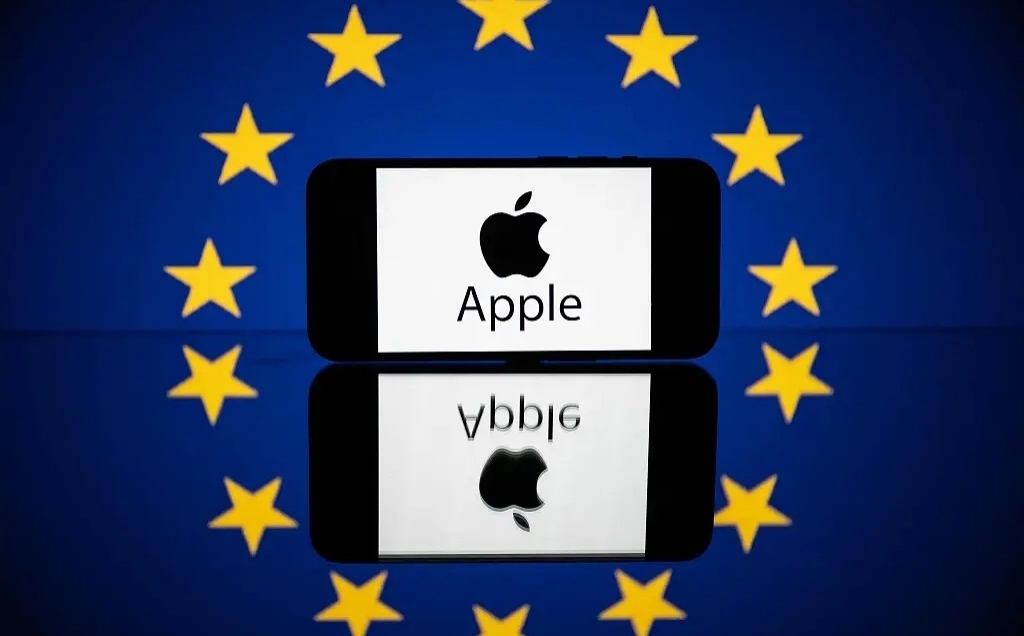
On the eve of June 26, 2025, as the clock ticked toward midnight, the lights burned bright at Apple’s headquarters in Cupertino, California, and the European Commission offices in Brussels. A negotiation that would reshape the global digital market was reaching its climax. Facing potential daily fines of up to $55 million, Apple ultimately yielded to EU regulatory pressure, committing to significant changes in its controversial App Store policies.
The standoff was triggered by a €500 million fine issued by the European Commission in April under the Digital Markets Act (DMA), targeting Apple’s long-standing "anti-steering provisions" that barred developers from directing users to external payment systems. With the 60-day compliance deadline set for June 26, Apple faced the threat of continuous penalties amounting to 5% of its global daily revenue—equivalent to burning $38,000 per minute—if it failed to submit a revised plan by the final hour.
After weeks of tense negotiations, a breakthrough compromise emerged just before the deadline. Apple pledged to overhaul its ecosystem chains that have bound developers for over a decade: third-party developers would gain greater freedom to guide users beyond Apple’s walled garden for payments and subscriptions. This shift promises to fundamentally disrupt Apple’s commission-based business model, which generates billions annually. Users may soon see Spotify suggesting payment options bypassing the "Apple tax," or discover cheaper external purchase links in gaming apps.
Despite its concessions, Apple’s stance remains conflicted. While adjusting its rules, the company continues to appeal the €500 million fine in Luxembourg courts, with executives privately accusing the EU of "discriminatory regulation" and attempting to "force free access to core technologies." More critically, the EU demands a review of Apple’s proposed alternative—the "Core Technology Fee"—introduced earlier this year. Developers criticized the fee, which charges €0.50 per install for apps using third-party stores, as "old wine in new bottles," arguing it preserves Apple’s control over revenue streams.
Apple’s retreat is no isolated incident but part of the EU’s systematic crackdown on tech giants. Just in the past two years:
- Google’s parent Alphabet has faced over $8 billion in fines
- Apple was fined €1.8 billion for music streaming monopolization
- The Irish tax case could cost Apple €13 billion in back payments
Regulatory scrutiny has extended to Amazon’s platform rules, forced opening of Apple’s NFC chips, and investigations into Microsoft’s Teams bundling—painting a clear picture of Europe’s push for digital sovereignty.
The new rules bring tangible benefits for developers and users. Developers can now inform users about cheaper subscription options via email or in-app prompts, while consumers may escape Apple’s 30% "toll" on digital purchases like music and e-books. Beyond immediate savings, this standoff carries global implications: as the world’s most closed tech ecosystem cracks open, regulators elsewhere may follow suit. The U.S. Justice Department has already filed an antitrust lawsuit against Apple, while South Korea and Japan have passed laws limiting app store commissions—accelerating a revolution in digital power redistribution.
Apple’s capitulation marks a shift in the balance between tech hegemony and democratic oversight. When Tim Cook signed the compromise minutes before the midnight deadline, he not only avoided bleeding $55 million daily but inadvertently set a new precedent for global digital markets: no tech giant can forever monopolize users’ freedom of choice.

Since 2022, the Fed has cumulatively reduced its balance sheet by $2.4 trillion through quantitative tightening (QT) policies, leading to a near depletion of liquidity in the financial system.
Since 2022, the Fed has cumulatively reduced its balance sh…
On December 11 local time, the White House once again spoke…
Fiji recently launched its first green finance classificati…
Recently, the European Commission fined Musk's X platform (…
At the end of 2025, the situation in the Caribbean suddenly…
The U.S. AI industry in 2025 is witnessing a feverish feast…